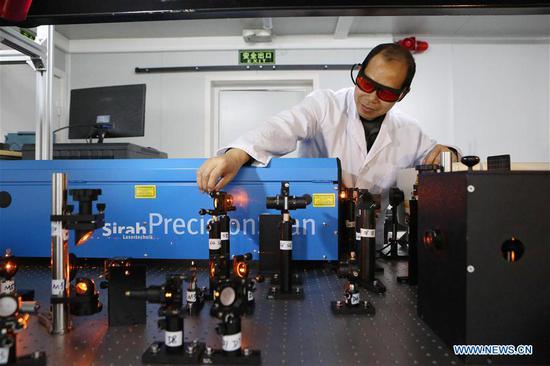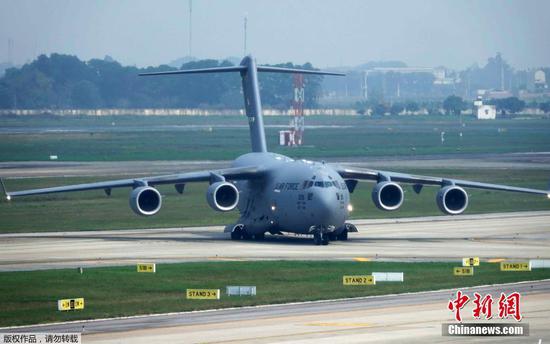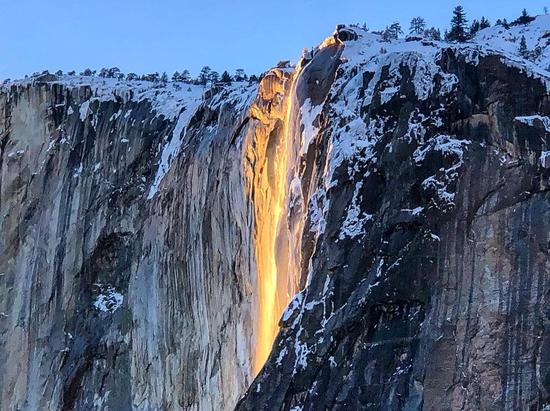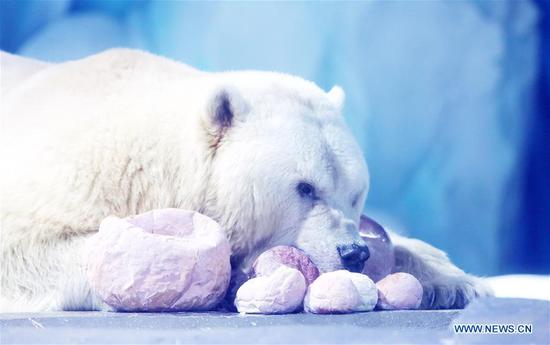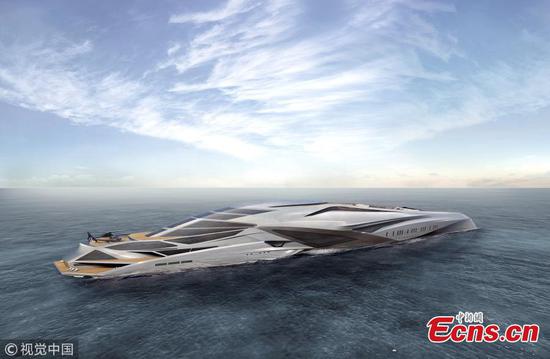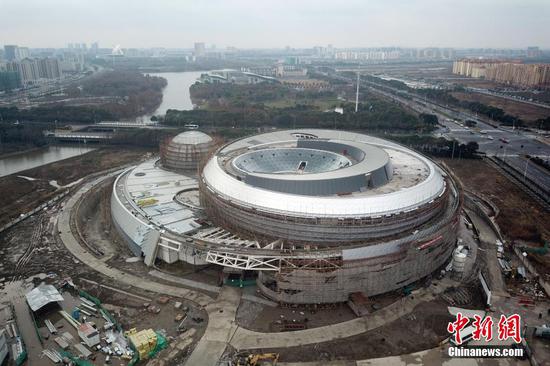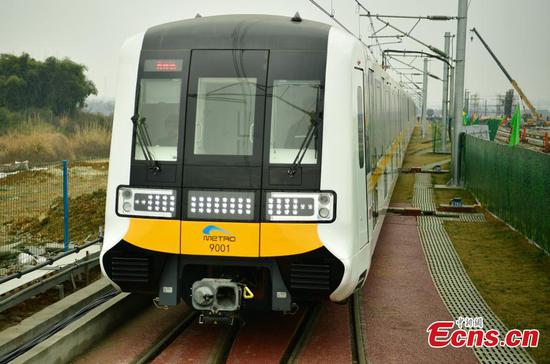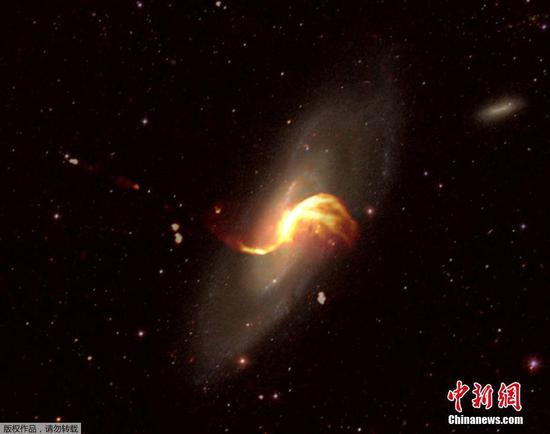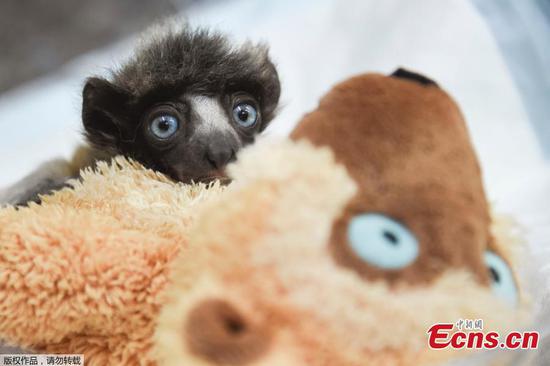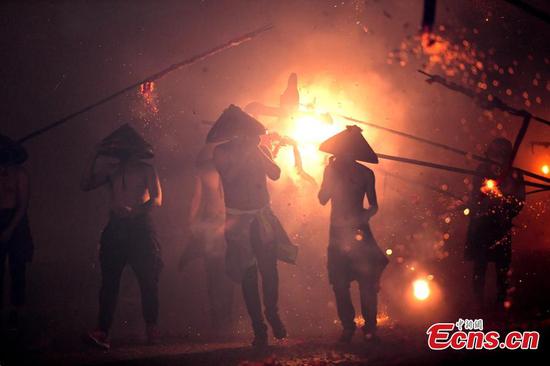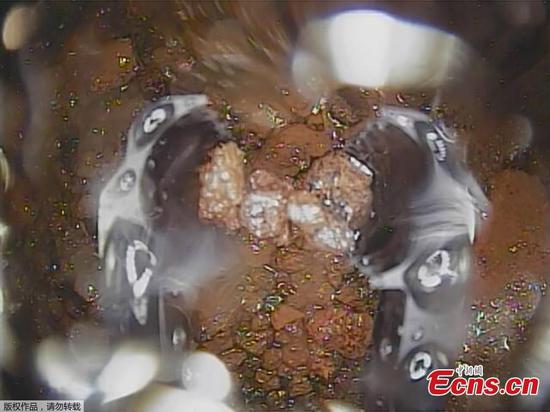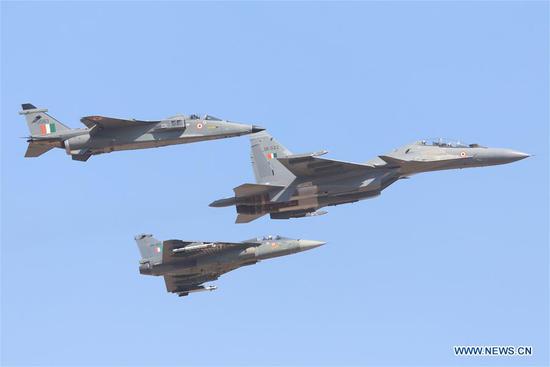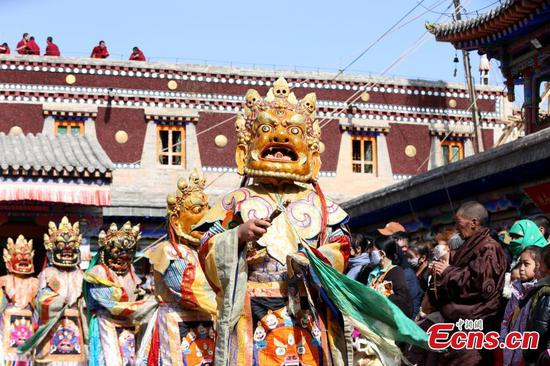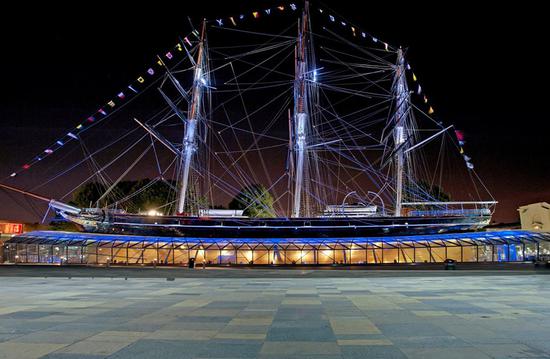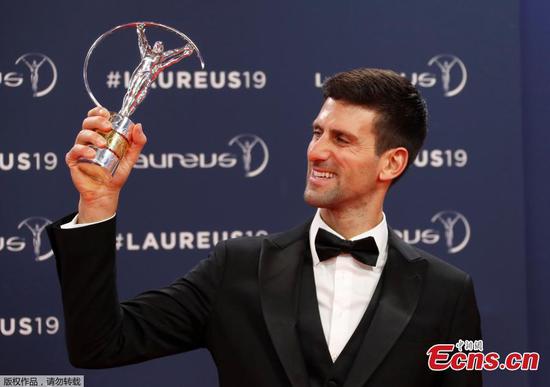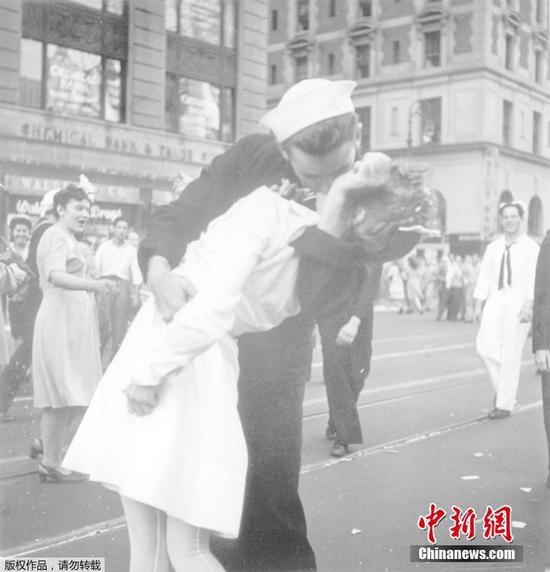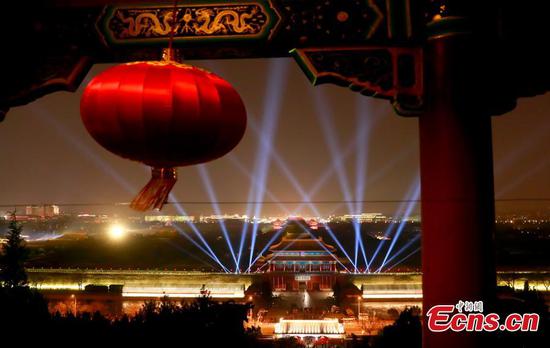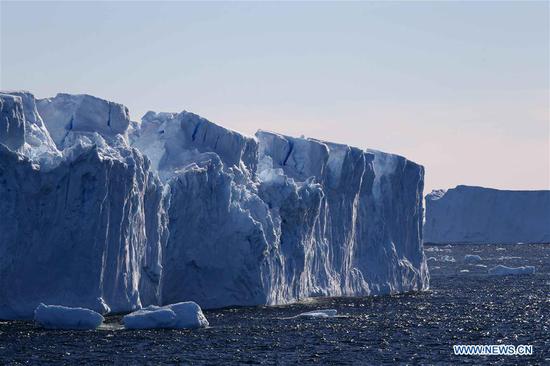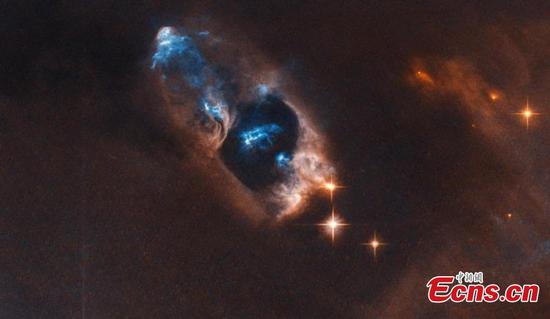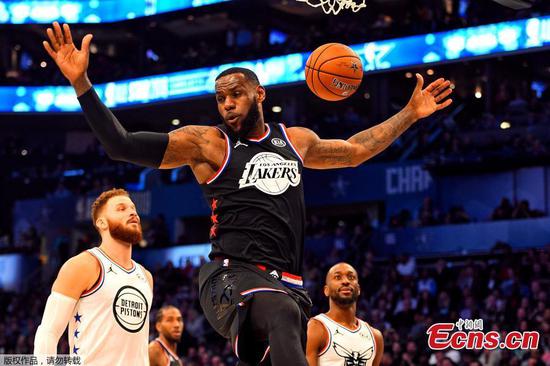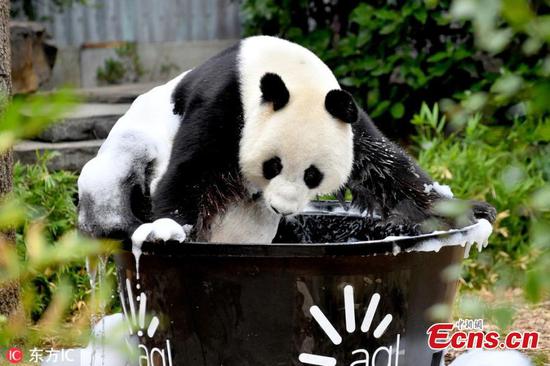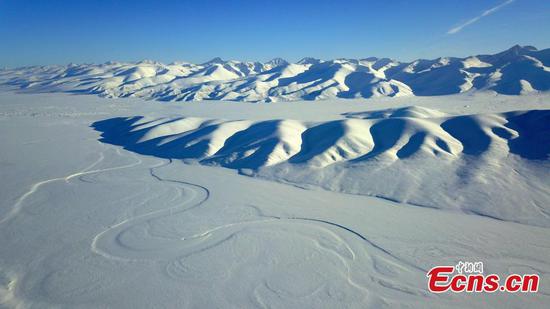At a UN General Assembly meeting held on Wednesday, Ukraine and Russia clashed over border issues following remarks by Ukrainian President Petro Poroshenko that a full-scale war along the Russian border with Ukraine is "not an unrealistic prospect."
"There is no so-called 'crisis in Ukraine' nor 'internal conflict in Ukraine,' but an ongoing military occupation and armed aggression by Russia against Ukraine," said Poroshenko.
According to Poroshenko, by February 2019 Russia has deployed up to 32.5 thousand military personnel in Crimea, and in Donbas, Russian armed formations have 496 tanks. The number of the Russian armed forces along the Russian-Ukrainian border is over 87,000 personnel.
Crimea, which was previously part of Ukraine, was incorporated into Russia in 2014 following a referendum, which was recognized by Moscow but rejected by Ukraine and Western powers.
Relations between Moscow and Kiev have worsened since the referendum, while Ukraine said the peninsula was illegally annexed by Russia. Ukraine, the United States and some European countries have accused Russia of arming and encouraging insurgents in eastern Ukraine, but Russia has repeatedly denied the charges.
Russia denounced Ukraine's claim. Permanent Representative to the UN Vassily Nebenzia said that President Poroshenko has failed to keep his promise of ending the conflict in Donbas, and he has become "the president of war, which continues to this day."
The Russian envoy also said that there are no regular Russian forces in the eastern part of Ukraine.
Several European countries showed their support to Ukraine during Wednesday's meeting. Norway's Permanent Representative to the UN Mona Juul called on Russia to stop "fueling the conflict by providing financial and military support to the armed formations and to withdraw its military equipment and personnel from non-government controlled areas."
"Regrettably, the implementation of the Minsk agreements are not moving forward. The ceasefire to which the parties have committed has only been upheld a few days since the agreements were signed in 2014-2015," said Juul.
The Minsk agreements envisage a ceasefire, a withdrawal of heavy weaponry from the contact line, a prisoner exchange and local elections under Ukrainian law, among other measures.










